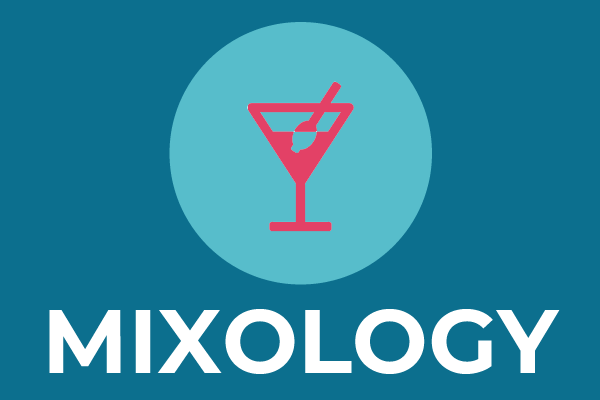The Covid-19 pandemic has given rise throughout Europe to political and sanitary measures to contain the spreading of the virus. Two main tools were used by governments: the development of vaccination campaigns (free or compulsory), and the setting up of sanitary passes to allow access to the public space (bars, restaurants, cultural and event sectors, …). Governments decide these measures in consultation with scientific experts. However, there is no general adhesion: since last September, various protest movements have been observed in several European countries (Denmark, Belgium, France, Germany, Austria, the Netherlands, etc.), believing that the measures adopted reduce individual freedoms and rights. At the same time, social networks are a playground on which citizens comment and deliver their opinions about the sanitary crisis.
This personal and non-funded research project aims to probe these different positions and see how they fit into the framework of attitudes of adhesion or resistance. It is part of a transdisciplinary approach whose theoretical framework is the study of the media and whose data collection and analysis methods are based on computational linguistics and machine learning. It is, therefore, a data-driven project using the API of the social network Twitter to collect data according to three themes: vaccination, health pass, and protests. The geographic scope of this research is that of Western Europe. Further analysis will scope on headlines and news editorials. The second objective of this research is to develop a reusable tool for analyzing content in times of crisis, whether in the context of social media or that news media. The first works began in December 2021. This research is carried out in open research. It also consists of a follow-up to the paper dedicated to the methodological challenges of media use in crisis situations.
